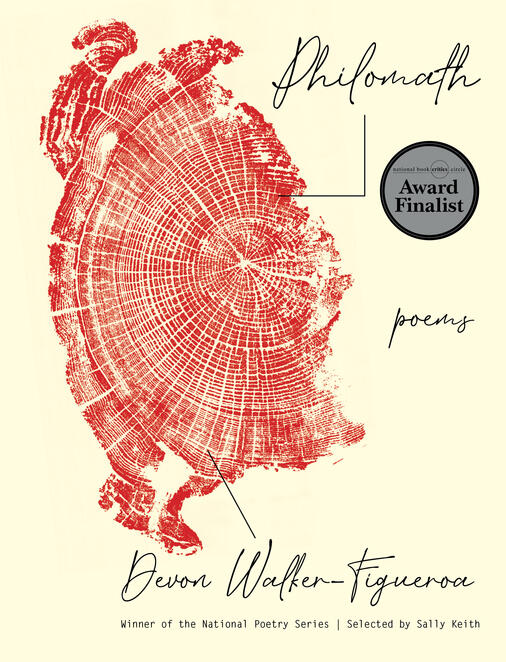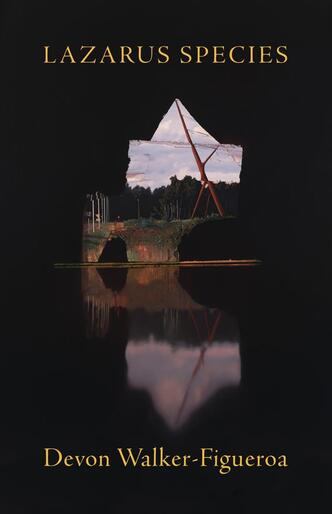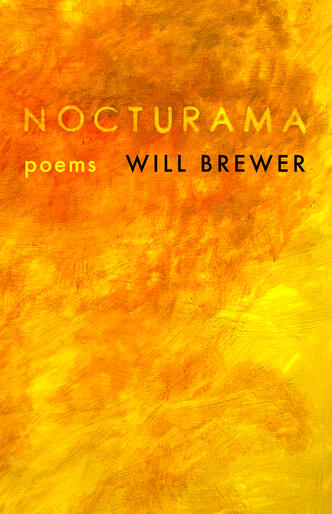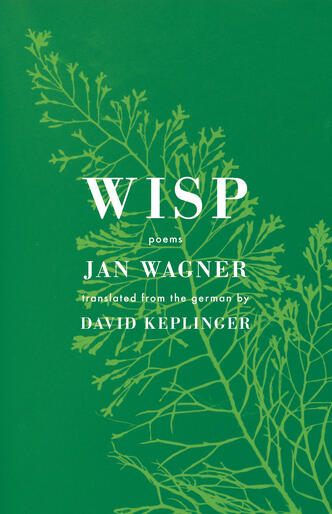
Philomath
“Walker-Figueroa’s work is powerful, at times mysterious, and a thrilling study of memory, time and events both quotidian and historic … Philomath is sure to be a notable debut.”—CHICAGO REVIEW OF BOOKS
Finalist for the National Book Critics Circle’s John Leonard Prize for Best First Book
Winner of the Levis Reading Prize
Selected by Sally Keith as a winner of the National Poetry Series, this debut collection is a ruminative catalogue of overgrowth and the places that haunt us.
With Devon Walker-Figueroa as our Virgil, we begin in the collection’s eponymous town of Philomath, Oregon. We drift through the general store, into the Nazarene Church, past people plucking at the brambles of a place that won’t let them go. We move beyond the town into fields and farmland—and further still, along highways, into a cursed Californian town, a museum in Florence. We wander with a kind of animal logic, like a beast with “a mind to get loose / from a valley fallowing / towards foul,” through the tense, overlapping space between movement and stillness.
An explorer at the edge of the sublime, Walker-Figueroa writes in quiet awe of nature, of memory, and of a beauty that is “merely existence carrying on and carrying on.” In her wanderings, she guides readers toward a kind of witness that doesn’t flinch from the bleak or bizarre: A vineyard engulfed in flames is reclaimed by the fields. A sow smothers its young, then bears more. A neighbor chews locusts in his yard.
For in Philomath, it is the poet’s (sometimes reluctant) obligation “to keep an eye / on what is left” of the people and places that have impacted us. And there is always something left, whether it is the smell of burnt grapes, a twelfth-century bronze, or even a lock of hair.








